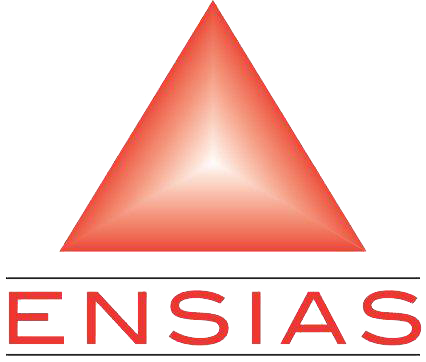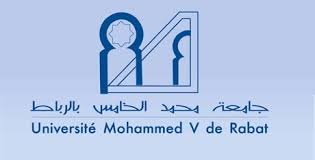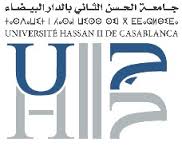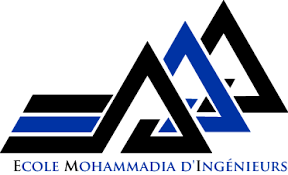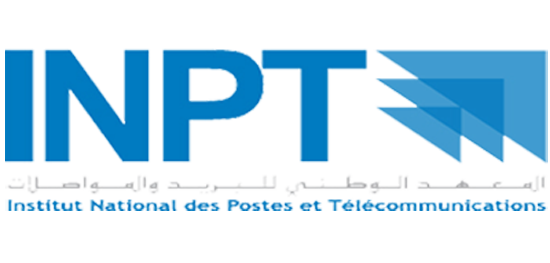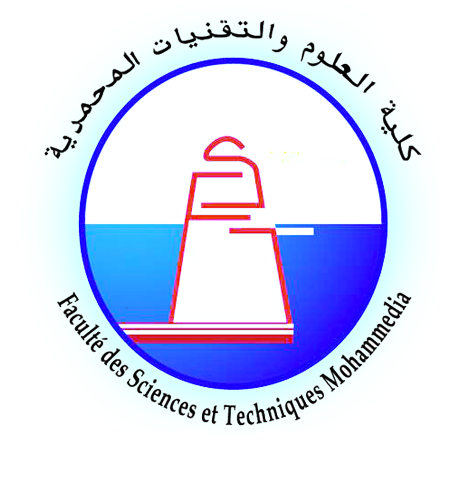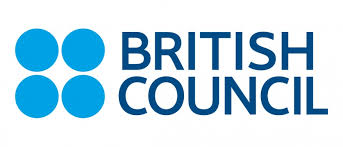
Abstract: the talk is focused on combining data driven and knowledge driven approaches for making sense to decision support. The key motivation is “making sense” in supporting human decision making, hence the advanced rule-base is centralized in the combination now that advancement and application of rule-based systems have always been a key research area in computer-aided support for human decision making due to the fact that rule-base is one of the most common frameworks for expressing various types of human knowledge in an intelligent system. The talk will introduce the generic framework, methodologies, tools and application of this new combination including some key issues related to data and knowledge representation to compromise each other, process transparency and interpretability, representation scheme and processing capabilities to handle simultaneously vagueness, incompleteness and uncertainty in conjunction with different types of input data formats, performance, flexibility and applicability as well as effectiveness and efficiency.
Short Bio: Dr. Jun Liuis currently a Senior Lecturer in Computer Science at School of Computing and Mathematics, a key research member of Artificial Intelligence and Applications Research Group (AIARG) at Computer Science Research Centre (CSRI), Ulster University at Jordanstown Campus, Northern Ireland, UK. Prior to his current appointment, he was a Postdoctoral Research Fellow (Feb. 2002 - Dec. 2004) at the University of Manchester, UK. From Mar. 2000 to Feb. 2002, he was a Postdoctoral Research Fellow staff member at Belgian Nuclear Research Center (SCK•CEN). He received the BSc. and MSc. degrees in Applied Mathematics, and PhD. degree in Information Engineering from Southwest Jiaotong University, Chengdu, Sichuan, China, in 1993, 1996, and 1999, respectively.
His current research is focused on two themes: 1) Intelligent decision methodologies (IDM) using techniques from systems theory, operational research and artificial intelligence, with applications in management, engineering, and industry field etc. (e.g., safety and risk analysis; policy decision making; security/disaster management; situation awareness and emergency systems, and scenario/activity recognition); 2) logic (including non-classical logic) and automated reasoning methods for intelligent systems: theory and applications.
He has authored or co-authored over 140 publications, and served as editors of 5 international journals. He has been awarded a substantial amount of research funding as grant holder and principle co-investigator, totally over £1.5 million from various funding bodies in the above research area. He is a member of the IEEE, IEEESMC and IEEECI, a member of EUCog. He is the Executive Steering Committee Member of International FLINS Conference and the Executive Steering Committee Member of International ISKE Conference.

Abstract: Building knowledge-based systems requires knowledge that can come from various sources: domain experts providing structured data ready for use, tacit knowledge implicitly generated by user groups, relevant documentation in the domain, etc. We are interested in the particular case of intelligent tutoring systems (ITS) in which a software agent provides context-sensitive help to users (learners). To effectively accomplish its task, the agent maintains both declarative knowledge about the learning domain (semantic memory of the domain sometimes implemented as ontology) as well as procedural knowledge associated with problem solving activities (task). The process of acquiring this knowledge can be eased using automatic extraction techniques. This talk will describe the special case of ill-defined domains where specific knowledge associated with the task is extracted from learners’ logs collected in problem-solving situation. A data mining method, based on a combination of sequential pattern and the of association rules is used and allows to extract rules to enrich the problem space that will be used by the agent to monitor the learner's reasoning and provide her/him with appropriate hints. In addition, the talk will present some techniques used for building ‘good quality’ domain ontology. We will also discuss the current main research directions in the field of intelligent tutoring systems and present some of our own experiences in ITS development project. The MUSE-Logic and CanadarmTutor systems will be used as examples. The first is an intelligent tutoring system for learning logical reasoning in various situations, while the second is an intelligent tutoring system with a simulated environment for training in complex tasks involving the manipulation of a robotic arm.
Bio: Roger Nkambou has been working in the field of intelligent tutoring systems and Artificial Intelligence in Education for more than 20 years. He published numerous papers and edited several books on intelligent tutoring systems (ITSs) and related issues including Web-based uses of those systems. His research interests include knowledge engineering, education data mining, methods for learner modeling, and authoring tools for building ITSs. Prof. Nkambou is currently a Full Professor of Computer Science at the University of Quebec at Montreal, where he has chaired the Graduate Studies in Cognitive Computing for 5 years (2009-2013). He is also the former director of the Knowledge Acquisition and Management Lab (2000-2010) and an adjunct professor at the University of Montreal since 1998. He was holding visiting faculty appointments at several Universities including Université Blaise-Pascal (France), Université de Pau (France) and the University of Osaka (Japan). Prof.. Nkambou is a member of the Steering Committee of the International Conference on Intelligent Tutoring Systems. He also serves as a member of the program committee of major international conferences in his field including Educational Data Mining, Artificial Intelligence in Education, and Technology Enhanced Learning. He is one of the General Chairs of the 25th WWW Conference to be held in Montreal (Canada) in 2016. He was involved in the organization of the first Educational Data Mining conference and chaired The 9th International Conference on Intelligent Tutoring Systems (2008) and The 20th International Conference on User Modeling, Adaptation and Personalization (2012).
